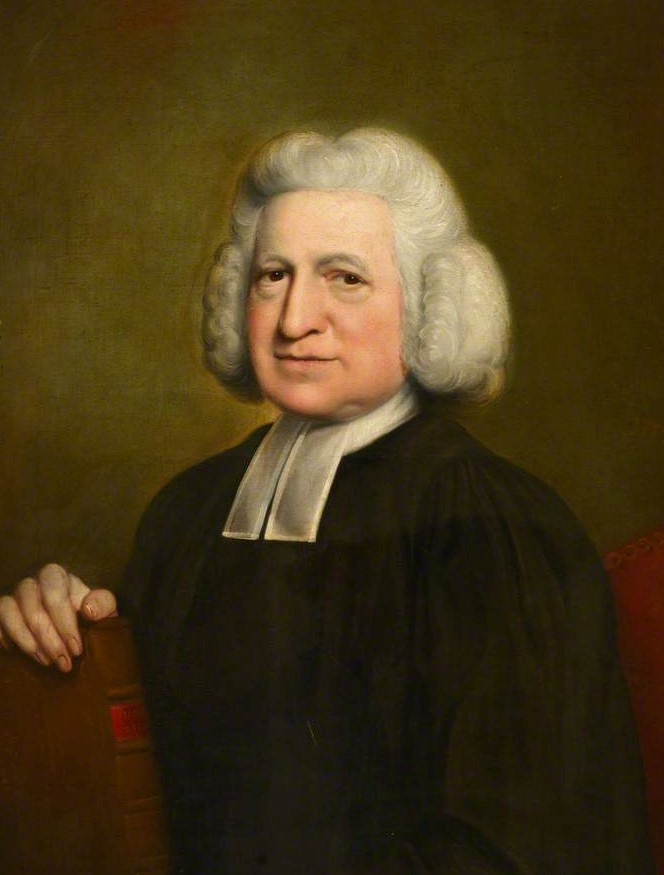|
Most people will have heard of John Wesley, the founder of the Methodist movement, however, his brother Charles was equally important. During his life, Charles wrote about 6,500 hymns, many of which are familiar today. Charles was the eighteenth child of Susanna and Samuel Wesley, born on 18th December 1707 in Epworth, Lincolnshire. Charles decided to follow in his father’s footsteps to become a rector and was ordained whilst studying at Christ Church, Oxford. Whilst at university, Charles formed a prayer group with his friends; however, his brother John later took over the group. Known for their methodical approach to Bible study, other students mocked them, calling them the “Holy Club”, “Sacramentarians”, and “the Methodists.” After university, which Charles graduated with a master’s degree in classical languages and literature, he and John followed their father into Anglican orders. In 1935, Charles and John sailed to Savannah in Georgia Colony (later State) where he was appointed secretary of Indian Affairs. He then became a chaplain at a small garrison but, after bad experiences, returned to England in August 1736. Back in England, Charles experienced an evangelical conversion, which urged him to spread the Gospel to ordinary people. Although he spent a lot of time preaching, often in the open air, Charles’ main contribution was his poetic hymns. Within these hymns, he tried to communicate several themes, including the Holy Spirit, the depravity of mankind, and the relationship between humans and God. Not only did his hymns aid the spread of Methodism, but they also had a significant influence on modern theology in general. Recognisable hymns include:
Charles Wesley’s hymns will likely be sung forever, particularly since he was listed in the Gospel Music Hall of Fame in 1995. Two of his hymns, “Lo! He Comes…” and “Hark! The Herald…” are two of the so-called Great Four Anglican Hymns. Since Charles spent the majority of his time writing and preaching, his family often came with him on his journeys across Britain. In 1749, Charles married Sarah Gwynne, the daughter of a Welsh magistrate who had converted to Methodism. They had seven children in total, however, only three survived infancy: Charles Junior, Sarah “Sally” and Samuel. Both boys were musical prodigies and became organists and composers. Charles Junior became the personal organist of the Royal Family and Samuel became one of the most accomplished musicians in the world, earning the title “the English Mozart”. From 1756 onwards, Charles was mostly travelling between Bristol and London but, in 1771, decided to make London his permanent home. He purchased 1 Chesterfield Street (now Wheatley Street), Marylebone, where he and his family remained until Charles died in 1788. Charles Wesley died on 29th March 1788 at the age of 80. Since he still considered himself to be a member of the Church of England, despite helping to form Methodism, he was buried in the St Marylebone Parish Church graveyard. "The Bible must be the invention either of good men or angels, bad men or devils, or of God. However, it was not written by good men, because good men would not tell lies by saying 'Thus saith the Lord;' it was not written by bad men because they would not write about doing good duty, while condemning sin, and themselves to hell; thus, it must be written by divine inspiration"
~ Charles Wesley
0 Comments
Your comment will be posted after it is approved.
Leave a Reply. |
©Copyright
We are happy for you to use any material found here, however, please acknowledge the source: www.gantshillurc.co.uk AuthorRev'd Martin Wheadon Archives
June 2024
Categories
All
|

 RSS Feed
RSS Feed